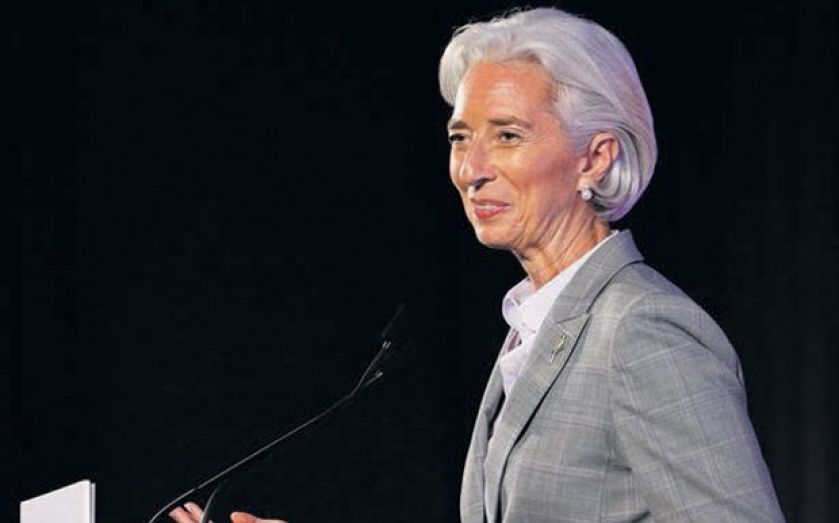CNBC Comment: G20 optimism clouded by fishy growth target

THE GATHERING of the G20 group of finance ministers and central bankers in Sydney has now wrapped up. Often criticised for comprising too many nations and acting as little more than a talking shop, the G20 has sought to free itself of this image with a communiqué announcing its aim of boosting world GDP by an extra 2 percentage points – or $2.25 trillion – over the next 5 years. Once again, however, the G20 leaves a bitter taste in our mouths.
The target does sound impressive. Even more so, it’s refreshing – as policymakers have finally been able to pivot from crisis-fighting mode to looking at getting growth back on the right (upward) trajectory. However, I’m not convinced that this latest pledge will give the G20 the credibility it craves. Here are three reasons why:
First, the plan lacks detail. While the IMF, whose researchers first floated this proposal, stress the target should be achieved via structural reforms while maintaining fiscal prudence, there is no clear roadmap for which measures the world’s biggest economies will take. The G20 agreed to present more detail at its November summit, but that is more than seven months away, leaving many wondering how hollow the promise is.
Second, the target is not binding and there are no enforcement measures for countries that do not encourage growth by as much as the G20 demands. As Stephen Lewis of Monument Securities has written, “in practice, such a commitment would not impose an obligation on any government to do anything it had not, in any case, intended to do. That’s why it is simply impractical.”
Thirdly, we should be critical of setting rigid growth targets. A target of any kind may sound ambitious, but it often sets the wrong incentives. Look at Siemens, whose chief executive Peter Loescher was forced out last year. The crux of the issue was setting an ambitious revenue target, which led to a plethora of low margin activities and value destructive deals. On a government level, a similar target may equate to uncontrolled investment into low-yielding sectors, while neglecting to encourage labour productivity and global competitiveness. It’s the quality of the growth that matters, not the actual target. If setting a target doesn’t work at the micro level, it probably won’t work at the macro level either.
The IMF’s Christine Lagarde sought to defuse criticism as she spoke to CNBC on the sidelines of the G20 meeting: “The beauty of the plan is that it’s going to rely essentially on domestic measures that will be beneficial for domestic markets… It’s not some far-fetched plan out in the clouds.” Let’s hope this ambitious target won’t be clouded by an attempt to make us feel good, but will focus on improving the dynamics of growth.
Carolin Roth is anchor of Capital Connection on CNBC. @carolinCNBC